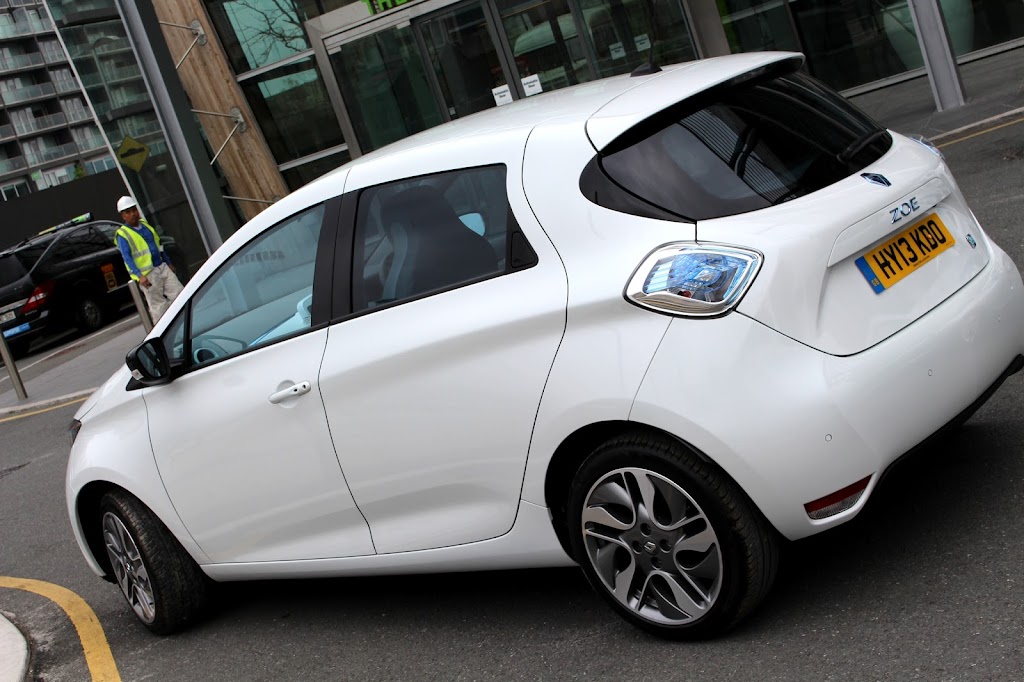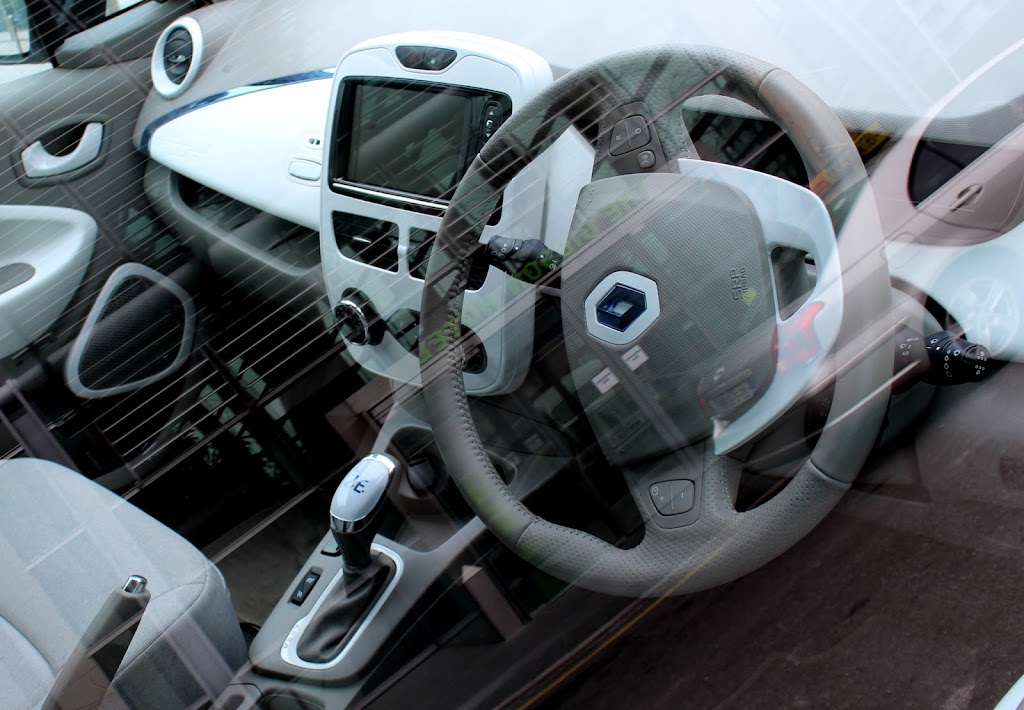
Two and a half years ago, the then MD of Renault Ireland confidently said the brand would sell in the region of 1,000 electric vehicles in Ireland in 2012, writes Brian Byrne. It didn't happen. In fact, by this time last year, just over 200 EVs had been registered in Ireland overall, the most successful model being Nissan's Leaf.
From the Renault perspective, of around 160 electric vehicles registered, 98 have been Fluences, a couple of Twizy single-seaters for demonstration purposes, and the balance Kangoo ZE vans.
That MD, Eric Basset, is no longer with Renault Ireland, and his successor is a much more market savvy Irishman, Paddy Magee, who today would make no forecasts about numbers for the latest EV to launch here from Renault, the Zoe ZE. He bluntly said he just didn't know, showing — not for the first time — a refreshing honesty.
He also said that for the industry to achieve the Government's target of 10 percent of Ireland's annual car sales as EVs by 2020 would be 'a challenge'. Though he acknowledged that targets should be 'ambitious' or they might as well not be set at all.
Paddy Magee also noted that all major manufacturers were now seriously into the electric vehicle niche, including Volkswagen and Ford, so the EV isn't going to go away.

A supermini designed from the beginning as an electric vehicle, as opposed to the converted Fluence car and Kangoo van ZE (zero emission) variants, Zoe might well be the electric option which could convert a number of Ireland's 700,000 multi-car households to having an EV as their second car.
It has important things going for it. A charging system which can use almost all of the charge stations which are out there just now, including 9-hour, 1-hour and 30-minute options.
The details include an official rating of 210km range on a charge. But just like the fuel economy figures published by carmakers for their standard cars, that might be more than a tad elusive in the real world. So again, it's refreshing that today the Irish distributor offered range estimates of 100km in cold weather and 150km in 'temperate' conditions ... like Ireland?

There are a couple of other tricks that help to extend the range, such as the 'pre-conditioning' system which warms or cools the car prior to a pre-set time, while it is still plugged into the charger.
If you're charging from home, a full battery can cost a mere €2.20 at current rates. Public charging points at the moment don't require payment for electricity (though private ones in commercial situations will).
There's a lifetime warranty with the battery on what is currently the only option, paying for it on lease from €49 a month. The rest of the car has Renault's unlimited 5-year warranty, though of course there are fewer wear and tear elements to be concerned about, such as exhaust systems, timing belts, and no regular oil changes needed.
At today's presentation, the ESB's Dermot McArdle gave an update on the rollout of the national charging system, which is well on the way to providing up to a thousand places to juice up by the end of this year. Ireland is by far the most advanced European country in this regard.
It was also noted that, in the experience of countries where passenger EVs have been sold in larger numbers, up to 90 percent of charging is done at the owner's home.
Renault's Zoe whispers in at a starting prize of €17,490 after grant aid from the state, plus the battery lease from €49 a month. But that latter has an annual limit of 5,000km and anyone doing, say, 15,000km a year will be charged €86 a month. Through its own bank, Renault offers monthly finance from €229/m including battery rental.
The key is to work out the relative overall costs between Zoe and its sibling equivalent, the Clio 90hp diesel. I did this before with the Fluence ZE, so now it's your turn.
